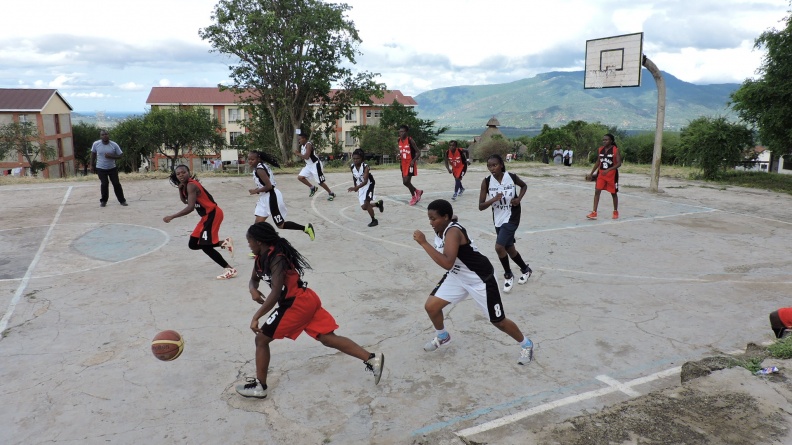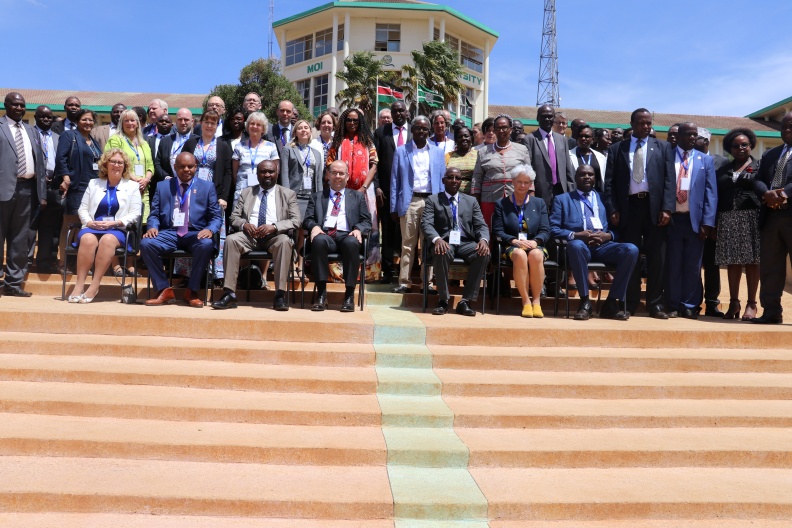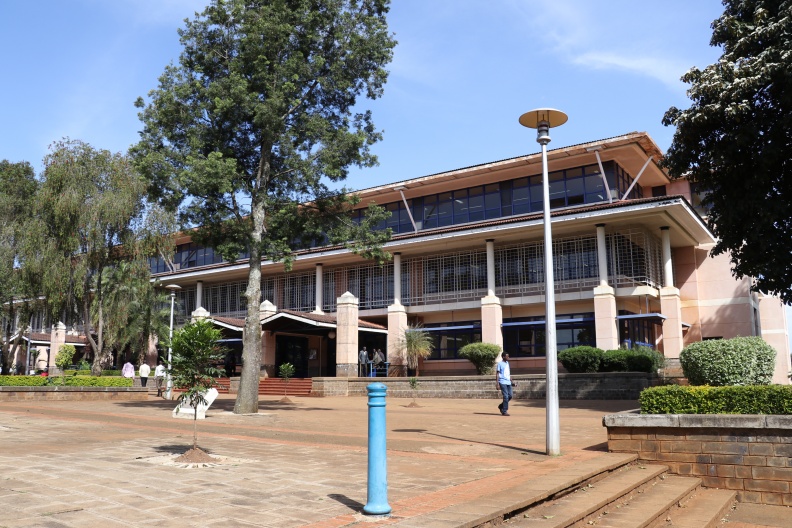Moi University was established in 1984 by an Act of Parliament (Moi University Act, 1984) as the second public university in Kenya. This was on the recommendation of a Presidential Working Party, chaired by Prof. Collins B. Mackay, which had collected views from Kenyans about the desirability of the same.
The University was established with an intention of making it a science, technology and development oriented institution which would focus on problems of rural development in its training and research programmes. The first group of students, 83 in total, was admitted on October 1, 1984 through a transfer, from the Department of Forestry of the University of Nairobi, which formed the initial one faculty in 1984. This group was housed and taught at Kaptagat Hotel since the new campus location had no buildings. The University Act of 1984 was repealed and replaced by the Universities Act No. 42 of 2012, which is the one in current use. Under this Act, the Cabinet Secretary for Education, Science and Technology has considerable powers over the operations of both the public as well as private universities.
School of Dentistry
Dental Health was part of the Department of Surgery and Traumatology in the then Faculty of Health Sciences (FHS). Thereafter, an independent department was formed in 1996 and mandated to prepare the groundwork for the start of the School of Dentistry as it continued to participate in the teaching of Medical and Nursing students in the school.
The School of Dentistry (SOD) is now a full-fledged school under the College of Health Sciences.
https://dentistry.mu.ac.ke/index.php/about-us
School of Public Health
The School of Public Health was established in October 1998 as the Institute of Public Health, initially to offer graduate training. The pioneer class of students, Master of Public Health (MPH)
As a public health leader, the School bears unique responsibility for research that improves the health of populations and informs policy and programming for effective public health interventions. The goal of our academic programmes is to instill in our students values of lifelong learning, inquiry and public service. The corner stone of our outreach strategy is to engage communities, leaders, professionals and other stakeholders within and beyond the University as partners in the mission of public health.
School of Medicine
Moi University School of Medicine (MUSOM )was established in 1988 as a Faculty of Health Sciences, with the first group of students being admitted in 1990. The Faculty of Health Sciences was divided into School of Public Health (SPH) and School of Medicine (SOM) in July 2005 in accordance with the University strategic plan of 2005-2015. The School was later to give birth to School of Dentistry (SOD), the School of Nursing (SON) and the recently established Institute of Biomedical Informatics (IBMI).
The philosophy of the School entails training health professionals in the context of the community in which they will later practice. It encourages the student to acquire the important skills of self-directed learning, problem solving and effective communication. In addition, the School emphasizes not only curative, hospital-based Medicine, but also prevention of disease and promotion of good health through its community oriented approach.
The Moi University School of Medicine hosts one of the largest research centers in the region, and our research output continues to inform policy and practice in Kenya and globally. Our researchers are at the cutting edge of research in HIV/AIDS, Child Health, Mental Health, and Chronic Disease Management, and we continuously engage in collaborative research with partners in other centers around the world. We welcome partnerships that will generate outcomes that will further knowledge and practice in the health professions, and industry collaborations are encouraged in order to provide the environment to demonstrate the effectiveness of our research.
Residence
The University does not have any of its own but an officer from the College of Health Sciences will assist to ensure the student gets a safe place of residence that is a walking distance to school.




